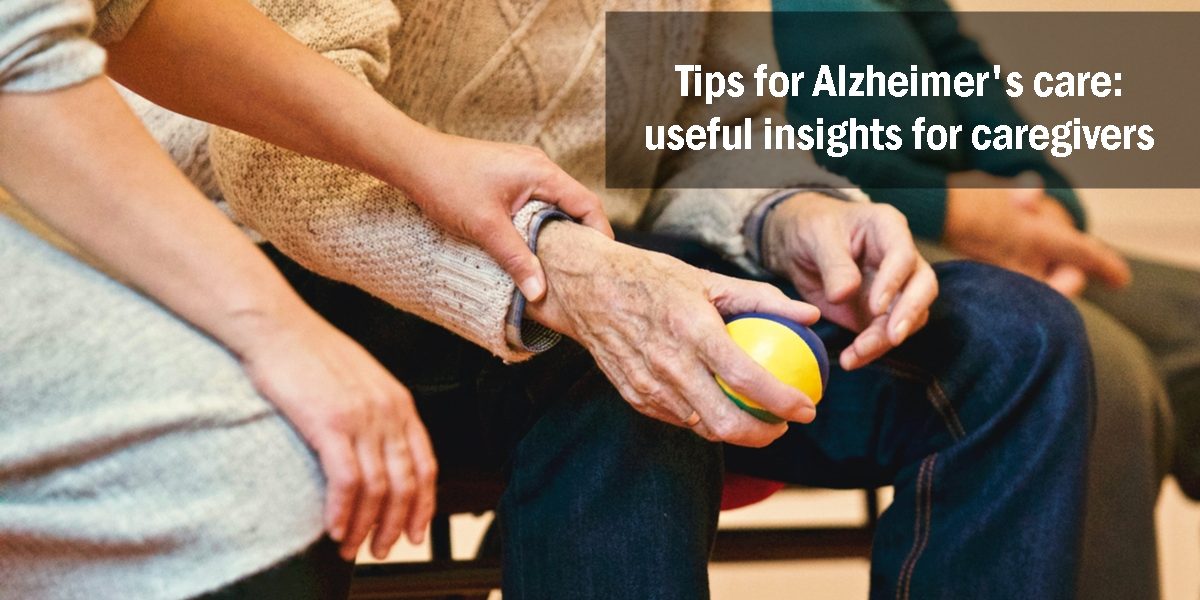Caring for someone who has Alzheimer’s can be quite daunting. However, if you approach this role equipped with knowledge and flexibility you are likely to improve the quality of your relationship with the person you are caring for. People suffering from Alzheimer’s can often be upset or withdrawn and may have mood swings which can make caregiving difficult. Educating yourself about the symptoms can be one of the best ways to understand the challenges that you may face in your job. Here are some tips that will enhance your ability to handle the difficult behaviour that you may encounter as you care for a person with Alzheimer’s:
- Stick to daily routines: People in the early stages of the disease are independent. Having a routine helps them have a sense of control over their lives. Involve them in daily tasks like dressing up, brushing and bathing. To reduce the chances of them forgetting to do the task, gently remind them with visual cues like indicating towards the shirt the patient is supposed to wear and assist only when he/she is no longer able to accomplish the task. Doing this on a daily basis will require a lot of patience and flexibility.
- Limit distractions: Limiting noises from TV and radio can help you communicate better with the residents. Address them with their names and use nonverbal cues to keep them focused. Labelling cupboards with words and pictures can help them navigate their own way while doing simple tasks.
- Talk in simple language: While talking to residents, make sure you don’t raise your voice. Repeat a sentence or a word, if they don’t understand you. Use a different word, if they don’t get you even after repeating. Instead of asking too many questions, ask one simple question at a time. Questions that can be answered in yes or no or one word work best.
- Be flexible: What may work today may not work tomorrow. Instead of controlling the person’s behaviour, try to be more accommodative. If they want to clean their cupboard, then let them do it. It may help satisfy their need to be busy and productive.
- Memory games and fun activities: Introducing the residents to activities like colouring, painting, listening to music, playing rhythm instruments, singing songs and solving jigsaw puzzles with large pieces can improve their psychological well-being.
How can electronic MAR charts help caregivers offer proper care?
To help the caregivers focus on more personalised care, you can implement eMAR to remove the hassles of paperwork associated with MAR charts and medication record keeping. Here is a useful read on how eMAR can add efficiency, flexibility and accuracy to the medication administration process.







